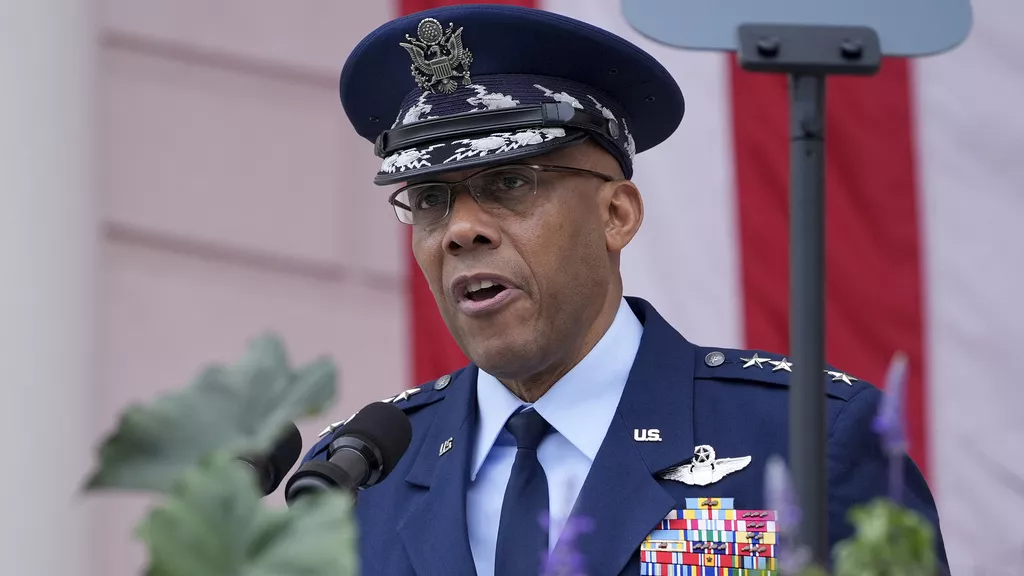The ongoing U.S. troop withdrawals from Niger and Chad are set to dominate discussions as General CQ Brown, chairman of the Joint Chiefs of Staff, meets with defence chiefs at a conference in Botswana this week. This gathering occurs at a pivotal moment for U.S. military strategy in Africa, where recent political upheavals and growing ties between local regimes and Russian mercenaries have prompted significant reassessment of U.S. presence and strategy in the region.
Strategic Shifts and Regional Partnerships
As the U.S. completes its troop withdrawal from Niger, including from a crucial counterterrorism and drone base, other West African nations have shown interest in increasing military cooperation with the U.S. General Brown emphasized the importance of dialogues with these nations to understand their needs and establish a potentially expanded U.S. presence in the region. He noted, “There’s other countries in the region where we already have either small presence or have relationships,” highlighting the importance of building on existing ties.
Addressing Extremist Threats
The pullback raises significant concerns about how to effectively combat the surge in violence from extremist groups such as those linked to the Islamic State and al-Qaida. The U.S. withdrawal from key bases in the Sahel region, which has seen a rise in extremist activity, leaves a strategic gap that neighboring countries and regional alliances will need to address.
Diplomatic and Security Dynamics
The conference offers an opportunity for U.S. officials to demonstrate their commitment to listening to African leaders and aligning with local solutions rather than imposing external ideals. This approach is critical as the U.S. seeks to maintain and strengthen its influence amidst growing Russian presence through mercenary groups offering non-interfering security assistance.
Legal and Political Constraints
The U.S. faces challenges in re-engaging with African nations due to legislative restrictions like the Leahy Law, which prohibits military assistance to foreign forces that commit human rights violations, and spending restrictions following coups. These legal frameworks often limit U.S. flexibility compared to countries like Russia and China, which offer military aid without such constraints.
Future U.S. Presence and Regional Stability
General Brown’s visit underscores the delicate balance the U.S. must maintain in its African engagements, ensuring that its policies and actions are realistic and responsive to the conditions and needs of African military partners. The outcome of these discussions will be crucial in shaping the future of U.S. military strategy and presence in West Africa, impacting regional stability and the broader geopolitical landscape.
As the U.S. navigates these complex dynamics, the focus remains on fostering strong, adaptable partnerships that respect local contexts and contribute to long-term security and development goals in Africa. The dialogue in Botswana is a critical step in recalibrating U.S. strategies to effectively address the evolving challenges and opportunities in the region.
